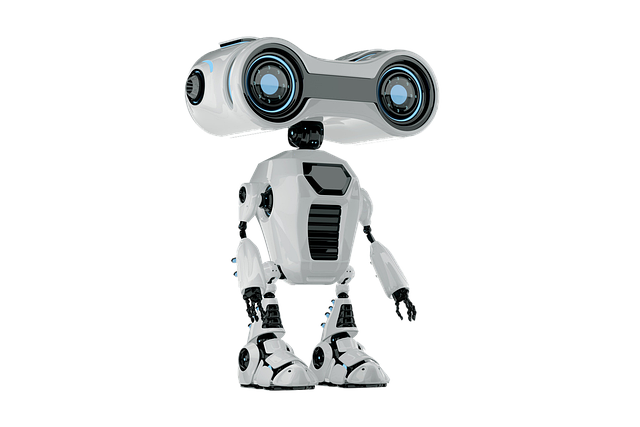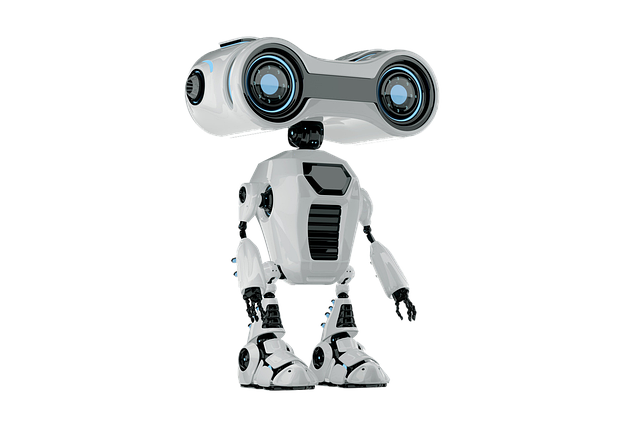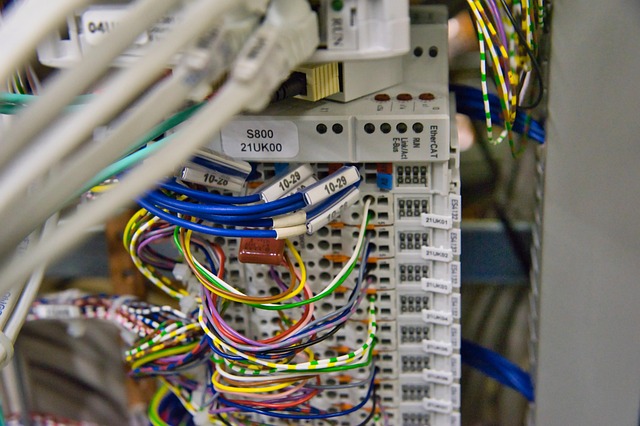AI workflow automation transforms business operations by enhancing efficiency through intelligent task distribution, data analysis, and process automation. It liberates employees from mundane tasks, fostering creativity and strategic planning, and ultimately drives growth and competitiveness. Top tools offer robust analytics, RPA, and NLP capabilities, with chatbot automation for customer support. Strategic implementation involves identifying suitable tasks for automation, breaking down complex processes, and conducting regular audits for optimal performance.
In today’s fast-paced business landscape, automating operations with AI workflow automation tools is no longer a luxury but a necessity. This comprehensive guide explores how artificial intelligence (AI) revolutionizes workflows, boosting efficiency and productivity across industries. We delve into the definition and myriad benefits of workflow automation, highlighting key features of top AI solutions. Additionally, we provide strategic insights for seamless integration, ensuring your organization maximizes the transformative power of AI in streamlining operations.
- Unlocking Efficiency: AI's Role in Streamlining Workflows
- Understanding Workflow Automation: Definition and Benefits
- Key Features of Top AI Workflow Automation Tools
- Implementing AI: Strategies for Seamless Integration
Unlocking Efficiency: AI's Role in Streamlining Workflows

AI workflow automation is transforming the way businesses operate by unlocking unprecedented efficiency. By leveraging artificial intelligence, organizations can streamline complex processes, reduce manual intervention, and eliminate repetitive tasks. AI-driven tools analyze vast amounts of data, identify patterns, and make informed decisions, enabling employees to focus on higher-value activities.
One of the key benefits of ai workflow automation is its ability to enhance productivity through intelligent task allocation. Chatbots, for instance, can handle customer inquiries, providing instant support and reducing response times. Automated workflows also ensure consistency in processes, minimizing errors and enhancing overall quality. This freedom from routine work allows employees to spend more time on creative endeavors, strategic planning, and delivering exceptional customer experiences—ultimately driving business growth and competitiveness.
Understanding Workflow Automation: Definition and Benefits

Workflow automation refers to the use of technology, particularly artificial intelligence (AI), to streamline and optimize routine tasks within a process or operation. By automating repetitive and time-consuming workflows, businesses can significantly enhance productivity and efficiency. AI workflow automation tools analyze patterns in existing processes, identify inefficiencies, and then automate these steps, reducing human intervention.
The benefits of implementing AI workflow automation are vast. It frees up employee time by eliminating mundane tasks, allowing them to focus on more complex work that requires human creativity and critical thinking. Moreover, automated workflows can improve data accuracy, as AI systems are less prone to errors than manual processes. In the realm of marketing, for instance, AI funnel automation tools can personalize customer journeys, while chatbot marketing utilizes automated conversational interfaces to enhance customer engagement and support.
Key Features of Top AI Workflow Automation Tools

The top AI workflow automation tools offer a suite of features designed to streamline operations and boost productivity. Among the key features are intelligent process automation, which leverages machine learning algorithms to understand and automate routine tasks; natural language processing (NLP) capabilities that enable human-like interactions with systems via voice or text commands; and seamless integration with existing software and infrastructure. These tools often include chatbot automation functionalities, allowing businesses to create AI assistants that can handle customer queries and support tasks.
Additionally, leading solutions in ai workflow automation provide robust data analytics and visualization, offering insights into operational performance and identifying areas for further optimization. They also support advanced robotic process automation (RPA), enabling the automation of complex processes involving multiple systems and data sources. Some even feature AI-driven decision-making capabilities, helping businesses make informed choices based on real-time data analysis. For companies looking to outsource their ai automation efforts, there are reliable ai automation agencies that can tailor solutions to specific business needs.
Implementing AI: Strategies for Seamless Integration

Implementing AI requires a strategic approach for seamless integration within existing workflows. The first step is to thoroughly analyze current operations and identify tasks that are repetitive, time-consuming, or prone to human error. These are prime candidates for automation, as AI can efficiently handle data processing, pattern recognition, and decision-making in such scenarios. An effective strategy involves breaking down complex processes into smaller, manageable steps, each assigned to a specific AI agent or chatbot.
For instance, an AI automation agency might design a workflow where an initial chatbot screening filters incoming customer queries, directing them to the appropriate human agent or automated response based on the query’s complexity and nature. This layered approach ensures that simple queries are resolved swiftly while more intricate issues receive the necessary human attention. Regular audits of these integrated systems are crucial to ensure optimal performance, refine processes, and adapt to evolving business needs.
Automating operations with AI workflow automation tools is no longer a futuristic concept but an essential strategy for modern businesses. By leveraging the power of artificial intelligence, organizations can unlock unprecedented efficiency, enhance productivity, and streamline complex processes. Understanding the key features and implementing effective strategies ensures successful integration, positioning firms for competitive advantage in today’s fast-paced digital landscape. AI workflow automation is not just a tool—it’s a transformative force that promises to redefine business operations as we know them.
